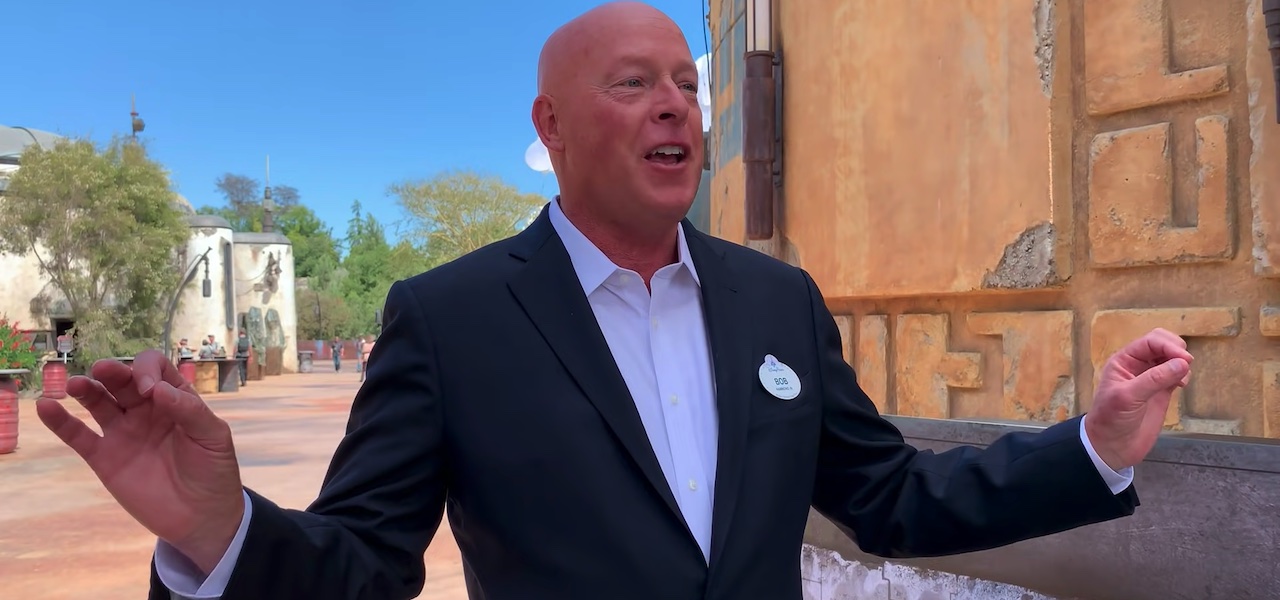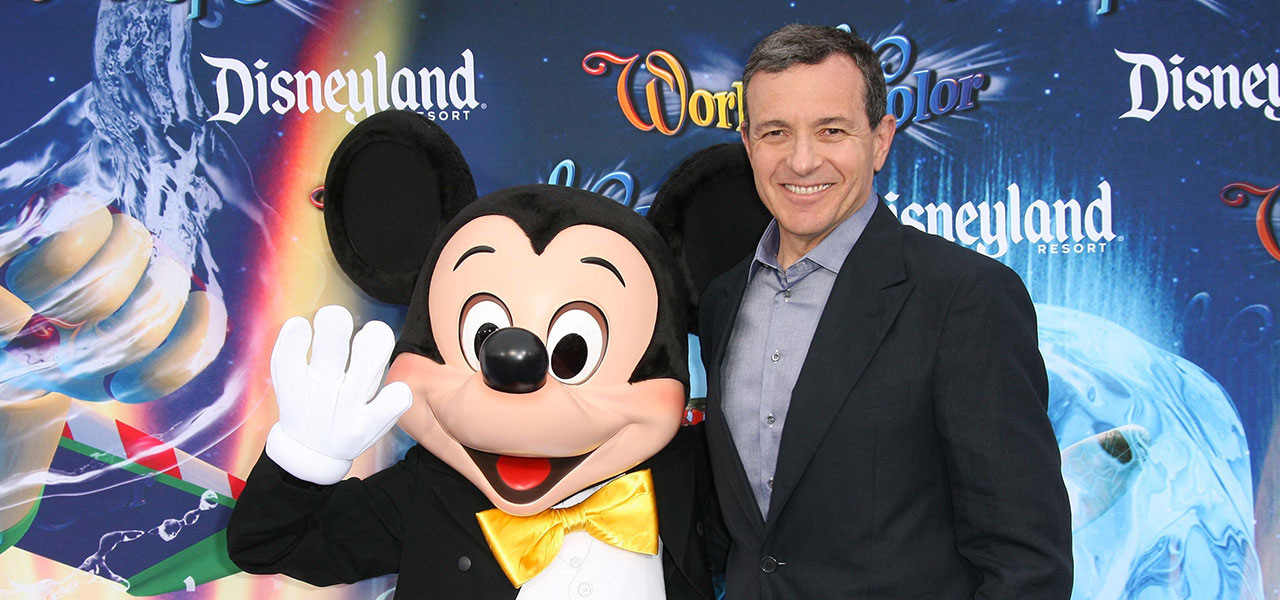Some Notes on the Timeline
- It’s not easy to pinpoint any one thing that went wrong for Chapek. The deck was stacked against him as Covid hit, but things seemed to go downhill more quickly after the company was accused of censoring “nearly every moment of overtly gay affection” in Pixar’s Turning Red and its disastrous response to Florida’s Parental Rights in Education bill (critically known as the “Don’t Say Gay” bill). Chapek found critics on both sides of the issue, with some saying his lack of response and subsequent apology were insufficient, while others criticized Disney for being too “woke.”
- Since then, politicians have targeted Disney with unfriendly legislation (including removing the company’s longstanding self-governing status in Florida), Lightyear bombed, and the company’s Q4 earnings call was so bad it had analysts calling for Chapek to be fired.
- It’s far too early to say what Iger’s return might mean for Disney, but initial market reactions proved strong, with Disney shares up over 6% on the Monday after his return was announced. Many in the animation community were enthused when Iger dismissed Chapek’s chairman of the controversial Disney Media and Entertainment Distribution unit, Kareem Daniel, saying that the company is going to put “decision-making back in the hands of our creative teams.”

THE TIMELINE
August 2020: Pummeled by the pandemic, Disney posts its first quarterly loss in nearly two decades.
February 2020: In a shock move, Bob Iger steps down as CEO of The Walt Disney Company, and is replaced by the relatively unknown Bob Chapek, stunning analysts and industry insiders.
January 2022: In a staff memo, Chapek outlines his “three pillars” for Disney’s success: Storytelling excellence, innovation, and a relentless focus on the audience. Shortly after the memo, Chapek tells Fortune that the company is collecting “very deep, rich data” it will use to make a push into the metaverse.
March 2022: Employees at Disney-Pixar Animation Studios issue an unprecedented letter criticizing the Walt Disney Company’s muted position on Florida’s Parental Rights in Education bill and accusing executives of censoring “nearly every moment of overtly gay affection” in Pixar’s films. Chapek later issues a weak apology via an employee memo, where he also says the company will pause all political donations in Florida, provoking governor Ron DeSantis to lash out at the “woke corporation.”
April 2022: DeSantis takes his feud with Disney to the next level, rescinding the company’s longstanding self-governing status in Florida.
March 2020: Only weeks after Chapek takes charge, Disney is forced to close its theme parks and pull films from theaters due to the Covid-19 outbreak.
June 2022: After being banned by numerous countries globally for including a same-sex kiss, Pixar’s Lightyear finally hits theaters – the first Disney film in years to get a wide release – and pulls off one of the worst theatrical runs in Pixar history. Many analysts place at least some blame for the film’s struggles on Disney’s over-emphasis on streaming. Shortly after and despite the turbulence of the previous several months, Chapek gets a vote of confidence from the Disney board of directors in the form of a three-year contract extension.

May 2022: Piling on, a group of U.S. senators demands that tv ratings be adapted to include trigger warnings for LGBTQIA+ characters while condemning Disney’s opposition to the “Don’t Say Gay” bill. Shortly after, Senator Josh Hawley proposes a reformation of copyright law, specifically calling out “woke corporations like Disney” in his attack on the current standards.
March 2021: Chapek doubles down on streaming, saying that Disney is unlikely to ever return to a traditional 75-90-day theatrical window for new feature releases. Two weeks later, Disney cancels the theatrical release of Pixar’s Luca entirely.
October 2020: Chapek makes the biggest decision of his short tenure so far, announcing a major reorganization of its media and entertainment businesses with a view to promoting and streamlining its streaming strategy.
Given the incredible news that Bob Iger has returned as CEO of The Walt Disney Company, replacing outgoing boss bob Chapek, we decided to put together a timeline of Chapek’s rocky time in charge, highlighting some of the circumstances that led to his exit from the company.
And that leads us to the late November announcement that Chapek has stepped down with Iger returning to replace him for the next two years.

In returning to his former role, one of Iger’s primary tasks will be reversing the steep decline in Disney’s shares, which are trending towards their worst annual loss since at least the 1970s.
April 2020: In a New York Times profile, columnist Ben Smith claims that Iger has quietly taken back the reins at Disney.
November 2022: After a historically bad Q4 earnings call, financial analyst Jim Cramer calls for Chapek to be fired. Following the earnings call, Disney shares plummet to their lowest point since March 23, 2020, leading to layoffs, a hiring freeze, and limited company travel. Meanwhile, the latest feature from Walt Disney Animation Studios, Strange World, bombed over the Thanksgiving holiday; analysts project the film will lose 0-150 million.






